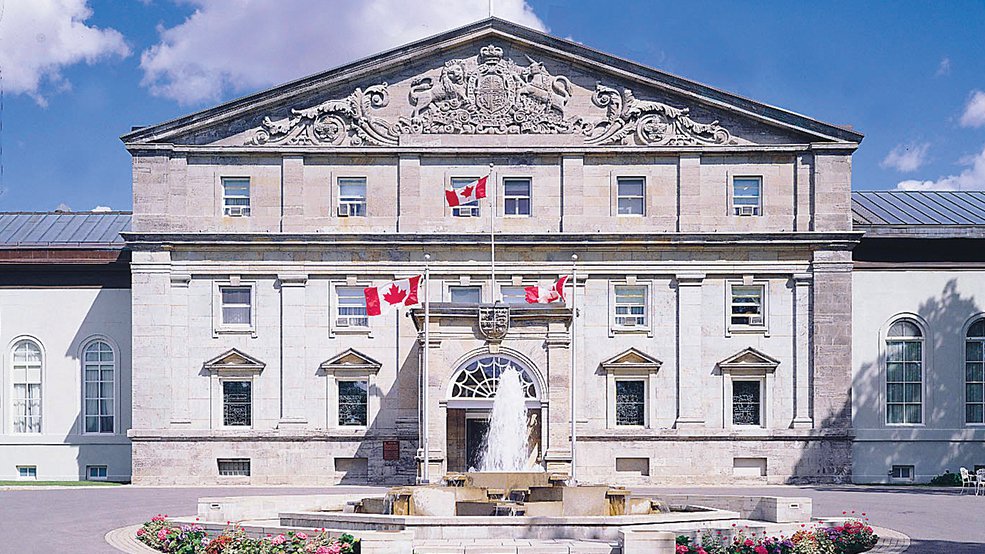Oh, Bill Morneau. After weeks of rough treatment, and the last week most especially, it’s no wonder that he was getting a bit testy when the questions kept coming up yesterday. That he snapped at a journalist just got our backs up because how very dare he, and so on. But it’s hard not to see how this is almost entirely a mess of his own making. Not just the fact that he didn’t divest his shares earlier, which make of that what you will – he was still within the law. I find myself ambivalent to the sanctimonious cries that he needs to appear to be whiter-than-white because that’s a Sisyphean task for which there will never be satisfaction short of being reduced to sackcloth and ashes, especially compounded by the oh-so-Canadian reflex of treating him like a tall poppy who must be brought down to size. The Conservative line that he’s a rich guy who can’t understand the woes of the working guy is certainly suffused with that narrative, but that’s also populism for you.
For me, the bigger problem is that so much of this is about the fact that it all goes back to this government’s particular communications problem of responding to everything with a spoonful of pabulum rather than taking their criticisms head-on. When the Conservatives launched into outright falsehoods about the proposed tax changes, Morneau didn’t fight back – he mouthed the same platitudes and shovelled more pabulum in our faces, and the myths metastasised until he was playing defensive when there was no reason for him to. That the CRA bungled their release of the folio on employee discounts just fed into this same problem, and again, the government couldn’t communicate their way out of a wet paper bag there either, sticking to the pabulum lines of not taxing the middle class rather than actually explaining that no, these are very specific circumstances that won’t actually capture retail workers. And given the current questions around his holdings, there are certainly better ways that he could have communicated decisions that were made (including why a blind trust would not have made sense, for example), or why the various conspiracy theories about how legislation or tax changes he’s proposing are apparently for the benefit of his company are patently absurd (because hey, attacking the messenger is always the sign that you’re on the winning side of the argument). But nope. Pabulum. And you would hope that maybe, just maybe, the government will learn that this is not the way to go about communicating, but I doubt it. They’ll probably hold tight and weather this manufactured outrage for another week or so until something else distracts the opposition, and the outrage cycle will start up again over something else, for which the government’s solution will be yet more pabulum. It’s tiresome from all sides. But this is what politics has devolved into.
.@Bill_Morneau is asked by @globalnews why he based a numbered company holding his shares in Alberta, not Ontario. Doesn't answer.
— Monique Scotti (@moniquescotti) October 20, 2017
https://twitter.com/InklessPW/status/921441571257556992
Meanwhile, Andrew Coyne castigates Morneau for his poor judgment, while Colby Cosh thinks of him fondly as a great quasi-Albertan for using a numbered company registered in that province, paying taxes there and giving back to the province’s economy.

